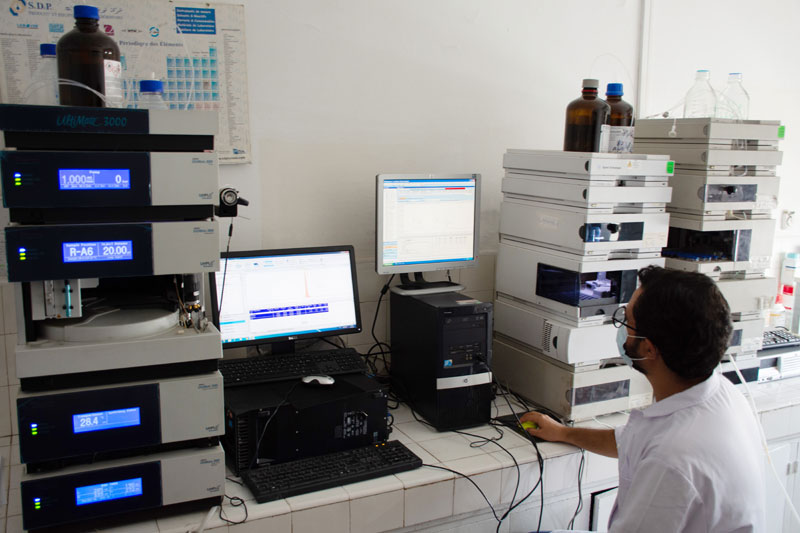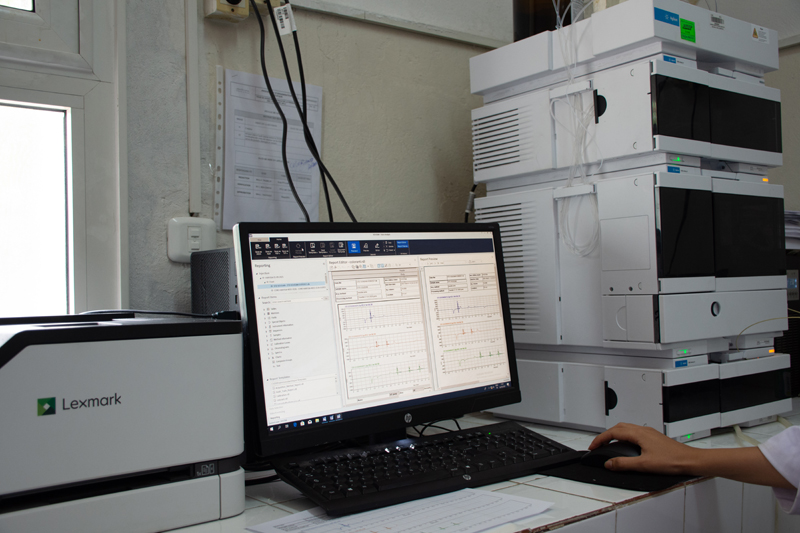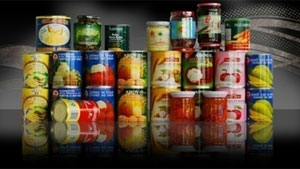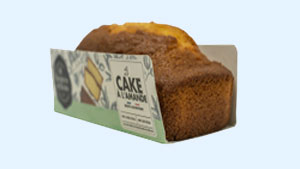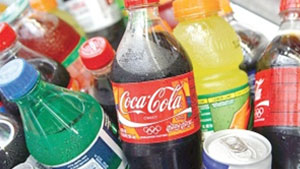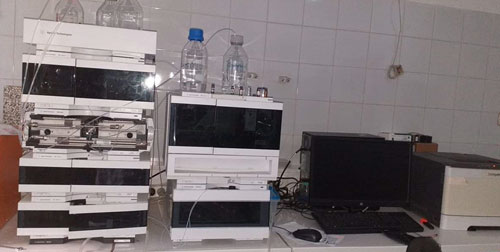Dyes-Sweeteners-Sulfur dioxide,…
'food additive' means any substance not normally consumed as food in itself and not used as a characteristic ingredient in food, whether or not having nutritional value, and the intentional addition of which to foodstuffs, for a technological purpose, stage of their manufacture, transformation, preparation, treatment, packaging, transport or storage has the effect, or can reasonably be estimated to have the effect, that it becomes itself or that its derivatives become, directly or indirectly, a component of these foodstuffs (European Regulation – CE 1133 (2008) modified on 28-10-2018.
Additives are authorized at doses defined in the said regulations, namely: colorants, sweeteners, waxes, fatty acids, sulfur dioxide, carbon dioxide, etc.
Our experiences - Our skills
- Experience of more than 25 years
- Activity available at the two regional centers of SOUSSE and SFAX
- Participation in BIPEA and FAPAS inter-laboratory circuits since 2010
- Contribute, as an active member, to the review, adoption and creation of analytical standards and specifications
- Regular monitoring of the quality of physico-chemical analyzes using several tools (MRE, duplicate tests, spiked samples, etc.).
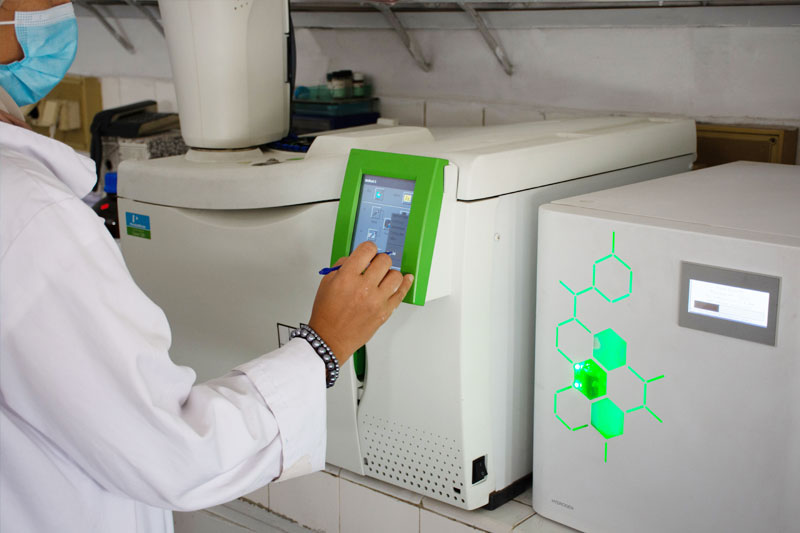
Type of Products:
- Confectionery (Sugar-Candies-chwingum-Licorice-Halkoum-Nougat-Halwa Chamia….)
- Syrup - Juice – Nectar – Soft drinks…..
- Masouka – cake – Biscuits…
- Salade méchouia – omek Houriya-Mloukhiya….
- Charcuterie – prawns….
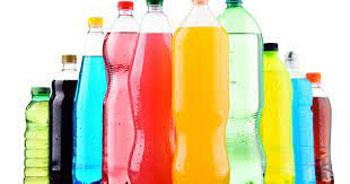

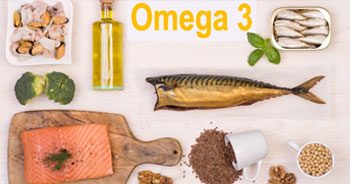

Type of Analysis:
- synthetic food colorings: E102, E104, E110, E122, E123, E124, E127, E129, E131, E132, E133, E142, etc
- Sweeteners: Acesulfame E950; Aspartame E951; Saccarrin E954; Sorbitol E420.
- carbon dioxide CO2
- Sulfur Dioxide SO2
- Fatty acids (omega 3, 6 and 9)
- Waxes
